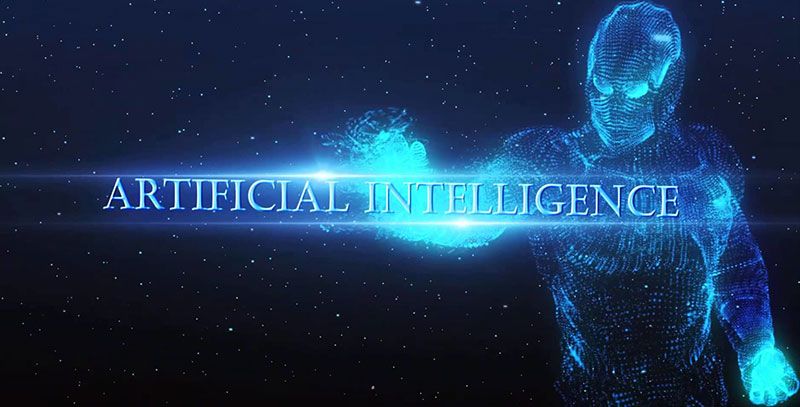
Businesses are adopting AI in a big way. And that’s not just because it is helping them become smarter and more efficient but also largely because it is helping their workforce become more productive.
A recent TCS Global Trend Study says that 68% of companies use AI for IT Functions, but 70% believe AI’s greatest impact by 2020 will be in functions outside of IT such as Marketing, Customer Service, Finance, and HR.
In another telling study, consultancy firm PwC ran the numbers that said by 2030 global GDP could increase by 14%, or $15.7 trillion, because of AI.
In short, most organizations are positive about AI bringing a sea change in the way businesses transform and workforces increase productivity. Let’s read on to understand how.
AI will make a smarter workforce
As the debate on AI taking away human jobs continues, most leaders acknowledge “short-term displacement,” and agree the long-term economic benefits outweigh the near-term consequences.
The key to minimizing the impact to jobs is to educate workers on how to leverage AI so they can focus on more strategic and high-value skills. So, AI will do away with the redundancy which lies among various aspects of business functions, and therefore pave the way for people to perform more evolved and intelligent jobs.
This also means that there will be a growing demand to upgrade and up-skill talent to keep up with the widespread AI adoption across job functions. Thereby creating a smarter workforce.
AI will come to the rescue of the mobile workforce
In a 24/7 and 365 days connected world, employees are expected to be responsive round the clock. Say a colleague who is on an important client call requests you to join the call for the crucial project update that you had been overseeing, right before you’re about to board the flight for your vacation. Would you take this call?
Your answer most likely would be ‘Yes’. In such scenarios, locating previous emails, or information related to the client in the last minute may create mental stress. But AI could be your answer to this problem!
Imagine how easy it would be if technology allowed you to perform a real-time search in the context of your situation by just using a voice search on your mobile! You would come out as a shining star in this situation – or any other.
AI will train itself to suit workforce needs
For organizations, the task at hand is not to divide jobs between AI and its people but to equip its people to adopt AI to perform better.
A blunt yet often overlooked fact is that technology needs human training. Humans have been building technology so that it performs in the way we want them to and the same applies to AI. Therefore, it would be important for technology like AI to understand workforce capabilities, help them understand best practice, and help employees do higher-skilled jobs with higher quality, higher productivity and greater efficiency. Only then, AI will see a bigger adoption by the workforce.
As AI becomes a more mainstream technology, many progressive companies are beginning to make major investments in AI. It will gradually become a key and an integrated component of an organizations success strategy and the key to a bright future.
Let us know what you think of this blog in the comment section below!